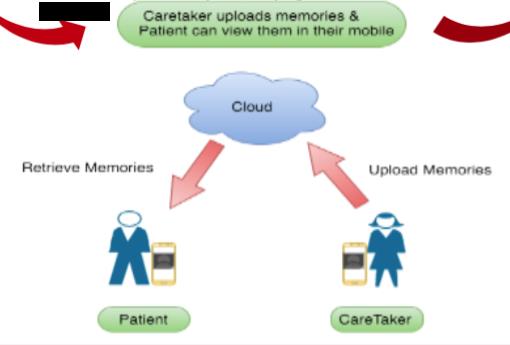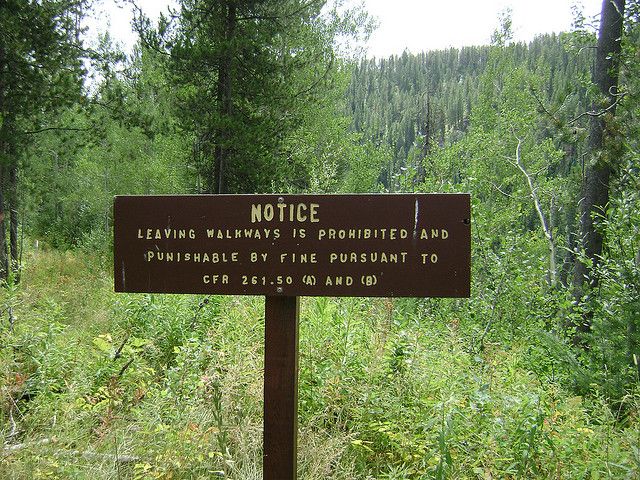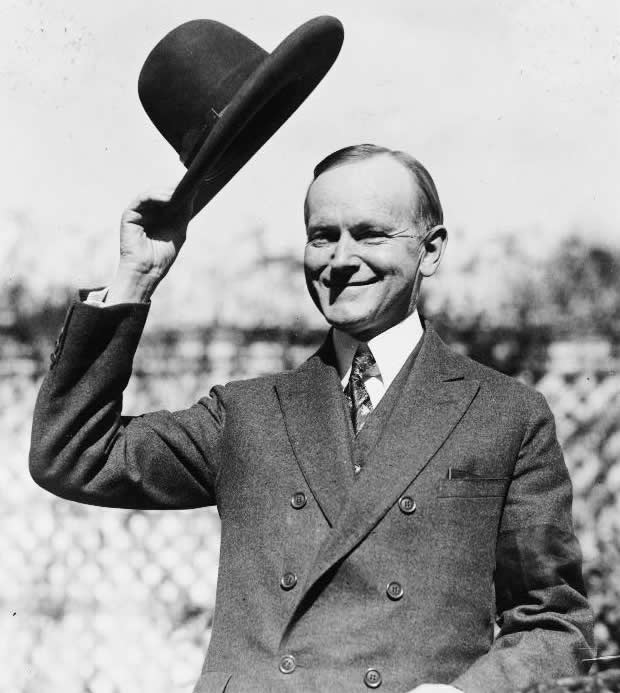Remember Me
 One of the great things that happens at the LII is working with the amazing students who come to study at Cornell — and finding out about the projects they’ve been cooking up while we weren’t distracting them by dangling shiny pieces of law before their eyes. This spring, Karthik Venkataramaiah, Vishal Kumkar, Shivananda Pujeri, and Mihir Shah — who previously worked with us on regulatory definition extraction and entity linking — invited us to attend a presentation they were giving at a conference of the American Society for Engineering Education: they had developed an app to assist dementia patients in interacting with their families.
One of the great things that happens at the LII is working with the amazing students who come to study at Cornell — and finding out about the projects they’ve been cooking up while we weren’t distracting them by dangling shiny pieces of law before their eyes. This spring, Karthik Venkataramaiah, Vishal Kumkar, Shivananda Pujeri, and Mihir Shah — who previously worked with us on regulatory definition extraction and entity linking — invited us to attend a presentation they were giving at a conference of the American Society for Engineering Education: they had developed an app to assist dementia patients in interacting with their families.
The Remember Me app does a number of useful things — reminds patients to prepare for appointments, take medications, and so forth. But the remarkable idea is the way it would help dementia patients interact with people in their lives.
Here’s how it works: the app is installed on both the phone of the dementia sufferer and their loved ones and caregivers. When one of the people whom the dementia patient knows comes into proximity to the patient, the app automatically reminds the patient who the person is and how they know them by flashing up pictures designed to place the person in familiar context and remind the patient of their connection. Given the way that memory is always keyed to specific contexts, this helps patients stay grounded in relating to people whom they love but which their disease may hinder their recollection of.
One notable feature of the app is that it was designed not for a class in app development but in cloud computing, which means that the app can be used by a large number of people. The nature of the app also presented additional requirements: the team noted that “as our project is related to health domain, we need to be more careful with respect to cloud data security.” Further, although the students were software engineers who were tasked with developing a scalable application, their app reflects a thoughtful approach to developing a user experience that can benefit people with memory and other cognitive impairments. Associate Director Sara Frug says “among the many teams of talented M.Eng. students with whom we have worked over the years, Karthik, Vishal, Shivananda, and Mihir have shown a rare combination of skill and sophistication in software engineering, product design, and project management. Their app is a remarkable achievement, and we are proud to have seen its earliest stages of development.”
The Remember Me app has been developed as a prototype, with its first launch scheduled for August.






 Washington, D.C. They expressed a desire for a permanent place where they could continue their fight to improve the status of women and girls around the world. Cornell answered the call, lined up funding from the
Washington, D.C. They expressed a desire for a permanent place where they could continue their fight to improve the status of women and girls around the world. Cornell answered the call, lined up funding from the